Hello everyone!
Cate Blanchett is the cover star of the new issue of Harper’s Bazaar UK. It’s a double cover and while we wait for the entire magazine, let’s enjoy the interview and the awesome photos released! The October issue of Harper’s Bazaar is on newsstands from 4 September.
Leading light: Cate Blanchett
[…] Cate Blanchett is a perfect example, a modern Garbo. Despite her global celebrity, one knows so little about her. Where does she live, even? How many children does she have? What are her politics? You can’t even draw any conclusions from her choice of roles; she segues effortlessly from children’s films, such as Cinderella, to brilliant art-house drama like Blue Jasmine and Carol, to populist blockbusters including The Lord of the Rings, Thor: Ragnarok or her latest outing as a motorbike-mad conwoman in Ocean’s 8. The only consistency is that Blanchett is the best thing about the film she’s in; the silver-screen icon herself remains deliberately remote.
The actress on baking and Brexit, gardening and growing older, Me Too, motherhood and moreSo I’m truly astonished when our prearranged, safely anonymous encounter at the South Bank is cancelled, and an alternative invitation extended for lunch at her family home. When I arrive, on one of the hot summer’s hotter days, it is to find the place a hive of activity. Workmen are clambering over the scaffolding that covers the large period house, and the family dogs– a black labrador and a heavy-breathing pug called Doug – offer an enthusiastic welcome. I am led to a book- filled study, painted in a chic dark grey and adorned with numerous family photos. After I’ve been waiting for a quarter of an hour or so, Blanchett rushes in from the nursery-school run, dressed in jeans and slip-on shoes, full of apologies.
Here’s the first surprise: I have mentally prepared myself for a chilly ice-queen, a real life Galadriel, but the porcelain skin and feline features are misleading. In the flesh, Blanchett is warm and friendly, calling out greetings in her deep, Australian-accented voice, joshing the housekeeper, introducing me to her husband, the screen-writer and director Andrew Upton.
“I thought we’d have a picnic,” Blanchett suggests, leading the way out of the front door and across the sun-bleached lawn down towards a small lake. In the centre of it is a tiny island, about 20 feet across, accessed by a wooden bridge. A table covered in a white cloth has been set up here in the shade of a tall pine-tree twined with last Christmas’ fairy lights. We sit down to homemade quiches and plates of ham and cheese, while Doug snuffles greedily at our feet. “I never drink wine at lunchtime,” jokes Blanchett, pouring out glasses of iced rose?.
What follows feels less like an interview than a cosy chat with an intelligent friend; our conversation ranges seamlessly from the joys of north London, where we have both lived, to the World Cup – “I have never, ever cared about soccer more than this year” –to Brexit. “The rage I feel at the lazy incompetence of the men who set this in motion!” she expostulates. “Whichever way you voted, you cannot but be disappointed in the way the architects of Brexit have behaved.”
All the same, Blanchett seems delighted to be back in the UK, after a decade in Australia, during which she and Upton together ran the Sydney Theatre Company. The children are attending local schools, and Blanchett is channelling her inner Jill Archer, with mixed results. “I did go through a jam-making phase,” she says, “and I quite like baking.” At one stage she acquired two pigs, Benson and Hedges, in a vain attempt to persuade the family to turn vegetarian. “Unfortunately, the sausages are delicious,” she says with a rueful laugh. “But at least we are closer to the process.” She has started taking pottery lessons, which she describes as “therapeutic, because you make it with your sense of touch – a lot of my life is spent listening and looking”. Sorting out the huge, rambling garden, with its derelict outbuildings and encroaching woods, is another major project. “I think the garden is going to teach me something that I have been meaning to learn all my life, which is patience, and to slow down a little bit. I am quite hungry for experience and that can often lead me into doing too much.”
What gives Blanchett the greatest sense of fulfilment, however, is being present for her family. She and Andrew have three sons, Dashiell, who has just taken his GCSEs, Roman, who is 14, and 10-year-old Ignatius, and in 2015, the couple also adopted a baby girl, Edith, who is now three, a fairy-like creature with a head of blonde curls. “She has been an extraordinary blessing for all of us.”
Her arrival saw Blanchett take a conscious step back from her film career; and she still finds the biggest joy in her maternal role. “It’s a huge part of what I am and what I want to do. I can’t help it, it’s part of my instinct,” she says. “Edith woke up in the middle of the night and said: ‘Will you pick me up from school tomorrow?’ I’d sort of said to the babysitter, I really can’t pick her up, because I didn’t want to be late for you. But I was really happy to be able to.
“Being able to do what you say you’re going to do – there is nothing better. I love it when I wake up thinking that there’s something on, and then I realise that I’ve got the day wrong, and all of us can just stay in our pyjamas…”
Such duvet days are a still a rare treat, however. Despite working in an industry known for being both ageist and sexist, Blanchett’s stock remains as high as ever. It seems absurd for her to say that, at 49, she worries about being sidelined – “You can’t hope to be of relevance to every generation” – when there are so many new projects in the pipeline. Autumn sees the release of her new film, a gothic children’s fantasy called The House with a Clock in Its Walls, in which she plays a benevolent witch. In January she will be making her National Theatre debut opposite Stephen Dillane in a new play by Martin Crimp, When We Have Sufficiently Tortured Each Other, based on Samuel Richardson’s epistolary novel Pamela. And in March, she will take the title role in the film of Maria Semple’s bestseller, Where’d You Go, Bernadette.
The apparently effortless, relaxed grace with which Blanchett navigates her Hollywood career owes itself perhaps to the fact that acting was never her dream; indeed, she tells me she went into it “against my will”. The middle of three children, she was brought up in Melbourne in a middle-class matriarchal household, headed by her mother and grandmother (her father died of a heart attack when she was 10 years old).
“The only thing I wanted to do when I left high school was travel with my work. I didn’t at all think about notoriety or fame. I thought maybe I’d move into the visual arts, but from a curatorial perspective, or architecture, even though my maths was absolutely woeful.”
But a chance remark from her sister Genevieve who came to see her perform (“Afterwards she said to me, ‘I can’t see you any more on stage – I can only see the character'”) led Blanchett to abandon her economics and fine-arts degree at the University of Melbourne, and instead to apply to drama school in Sydney.
She graduated in 1992, and began a career as a stage actress, almost immediately garlanded with awards. Paradise Road was her first feature film, in which she played an Australian nurse captured by the Japanese during World War II. In the same year, she married Upton, whom she had known casually for many years as a fellow member of Sydney’s theatrical circle, after a whirlwind romance.
The couple moved to the UK together to further Blanchett’s career; her breakout performance in Elizabeth brought her international renown, a Bafta and a Golden Globe. She followed this with The Talented Mr Ripley, The Lord of the Rings, and The Aviator, the Howard Hughes biopic in which she played Katharine Hepburn and won her first Oscar.
In 2006, Upton was invited to take over as artistic director of the Sydney Theatre Company, where Blanchett had started out. “He suggested that we both do it together,” she says. “It was one of those crazy ideas – we’d just moved to Brighton, we had two children… but once the little door had been opened, we couldn’t close it.” She describes what followed as “the most enjoyable six years of my career.
“What I loved about it was that it was facilitating the work of others… I really loved those moments on opening night when the actors went one way and I went the other way,” she says, a touch wistfully. But there were starring roles too, of course: she took the lead in Woody Allen’s film Blue Jasmine in a break between the STC’s productions of Uncle Vanya and The Maids.
Her performance, as a neurotic socialite down on her luck, was universally acclaimed and brought her a second Oscar. But it has since been overshadowed by renewed accusations of abuse levelled at Allen by his daughter, which were first made in the early 1990s and have resurfaced with the Me Too movement, itself precipitated by Allen’s son Ronan Farrow’s expose? of Harvey Weinstein…
“It’s complicated,” sighs Blanchett when I bring it up. “I don’t read biographies of people before I work with them. You have an instinct about people and the work and you act in good faith on that instinct.” She doesn’t even want to mention Weinstein by name, referring to him as “that producer”; her worry is that what she calls “the white noise” of unsubstantiated allegations will prevent justice being done in the courts.
“Me weighing in on social media about whether I believe something or don’t believe something is in the first instance unhelpful to the goal that I am ultimately interested in, in a profound and a legal and a moral way: being called to account,” she says. “There are some things that have to go through a democratic process. The precedent needs to be set.”
Yet she is positive about the Me Too movement, describing it as “an incredibly important concept… There is not a single industry that is not touched by those issues.
“I think the biggest and most profound change that I’ve felt is the way that women are talking to each other, that has really shifted. We didn’t want to be seen to be a problem, or tell other women we had issues; we were sort of self-isolating.” She tells me about a job she did, “where the male director really divided all the female members of the cast, and we didn’t realise until afterwards… it’s the classic divide and conquer, isn’t it? I think that has shifted in a permanent way”.
Despite her own fame and fortune, she shakes her head when I ask if she’d be happy to see her children follow in her footsteps. “I think if I was in a different profession, if I was a lawyer, or a doctor, or an architect, maybe, or if I had a trade that I could actually use in the Armageddon, then there would be a sense that that would be a great and expected thing,” she says. “Certainly my children do not want to be “the son of”, and I know that my feisty daughter will not want to be “the daughter of ”… And there is more rejection than there is acceptance.”
Though not for Blanchett herself, of course. “I don’t know what I am going to do next as an actor,” she says. “I never do really. But I feel like I’ve got probably a couple more years left in it, before I lose my sanity.” Then, perhaps she might consider trying her hand at directing, she says, “if the offers are still there. And if they’re not, then maybe I can throw some pots?
“I suppose that’s what I like about coming back here,” she concludes. “There are so many books I haven’t read, so many films I haven’t watched, so many conversations I haven’t had, so many plants I haven’t planted… It’s important to sort of sit and think what could be next.”
 Welcome to Cate Blanchett Fan, your prime resource for all things Cate Blanchett. Here you'll find all the latest news, pictures and information. You may know the Academy Award Winner from movies such as Elizabeth, Blue Jasmine, Carol, The Aviator, Lord of The Rings, Thor: Ragnarok, among many others. We hope you enjoy your stay and have fun!
Welcome to Cate Blanchett Fan, your prime resource for all things Cate Blanchett. Here you'll find all the latest news, pictures and information. You may know the Academy Award Winner from movies such as Elizabeth, Blue Jasmine, Carol, The Aviator, Lord of The Rings, Thor: Ragnarok, among many others. We hope you enjoy your stay and have fun! 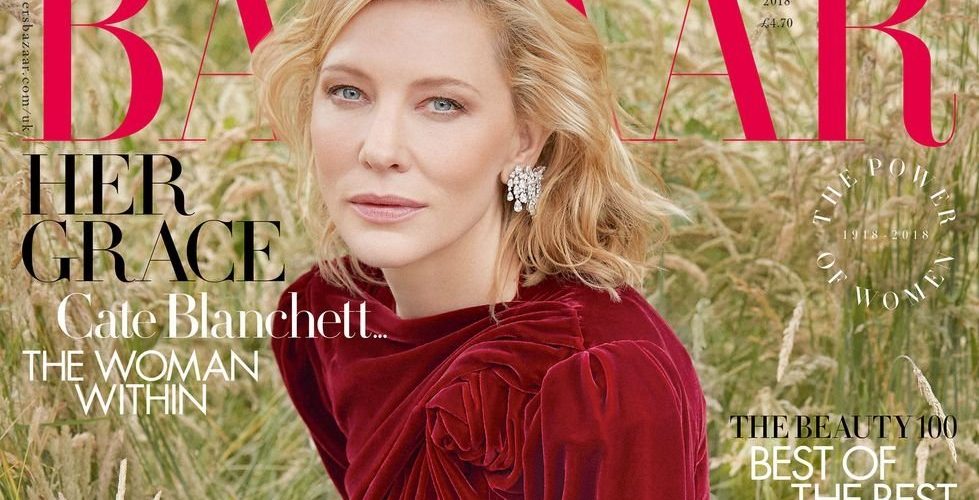
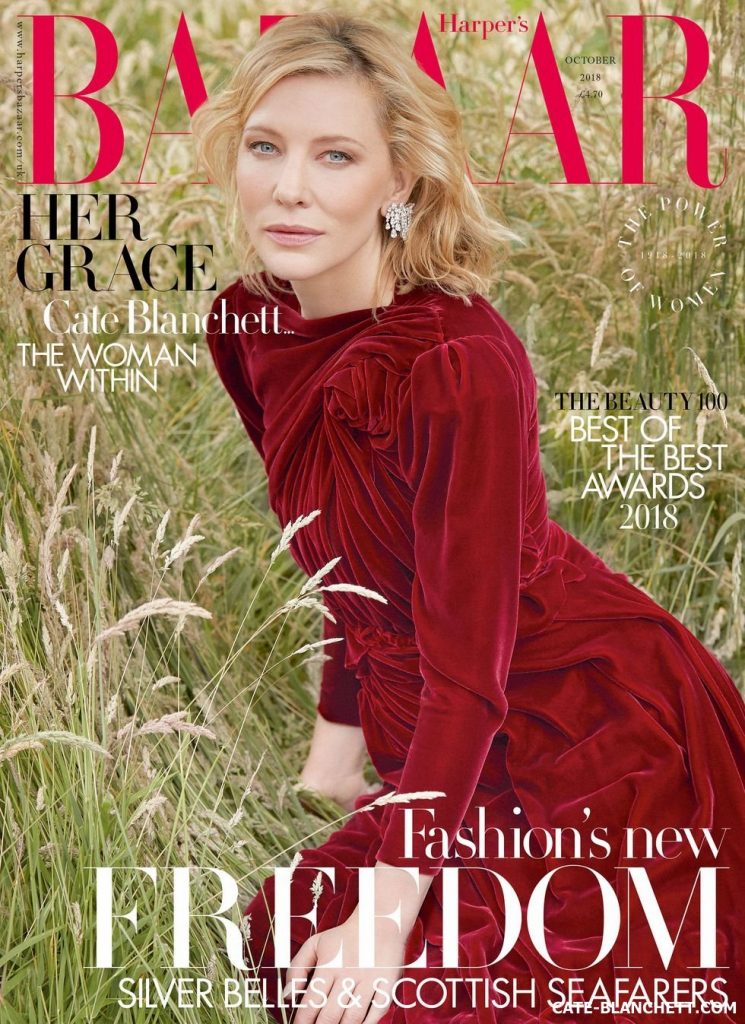
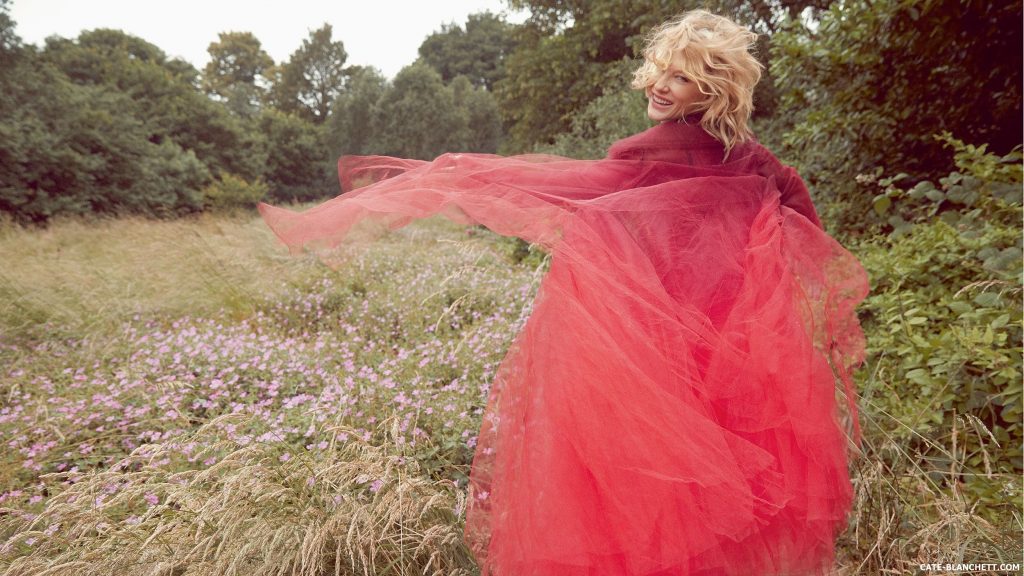
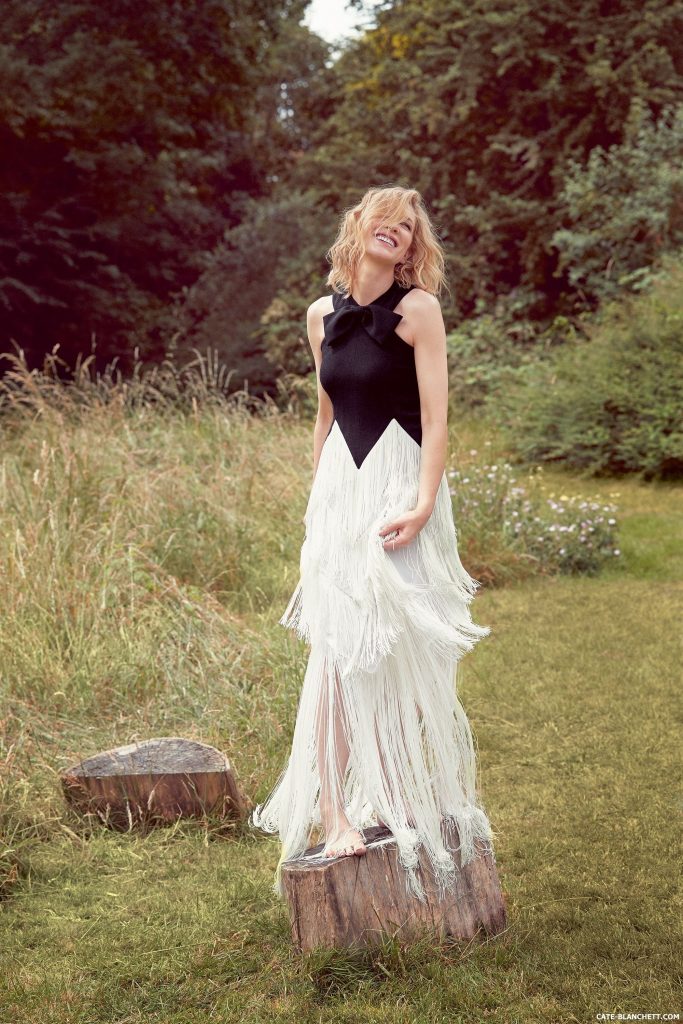
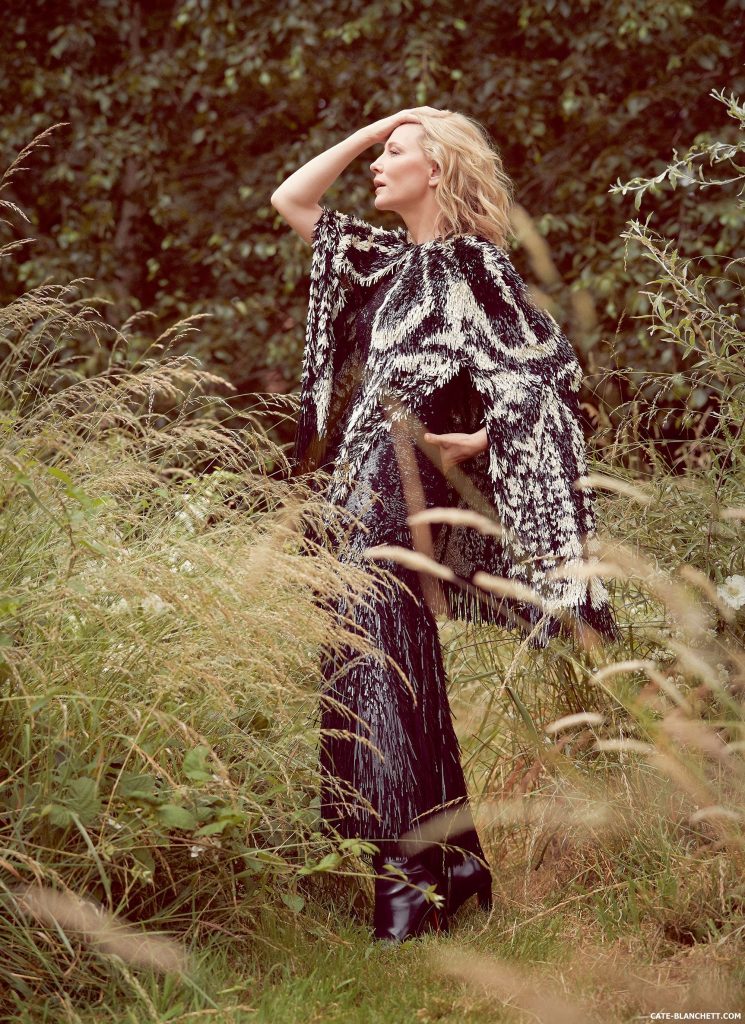
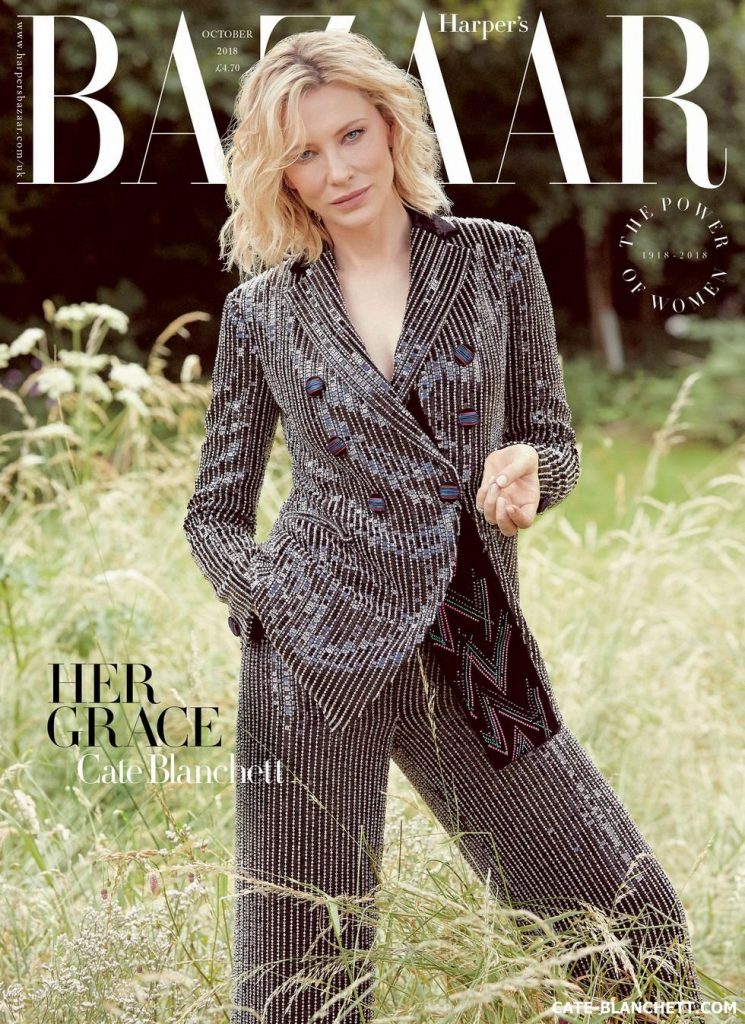
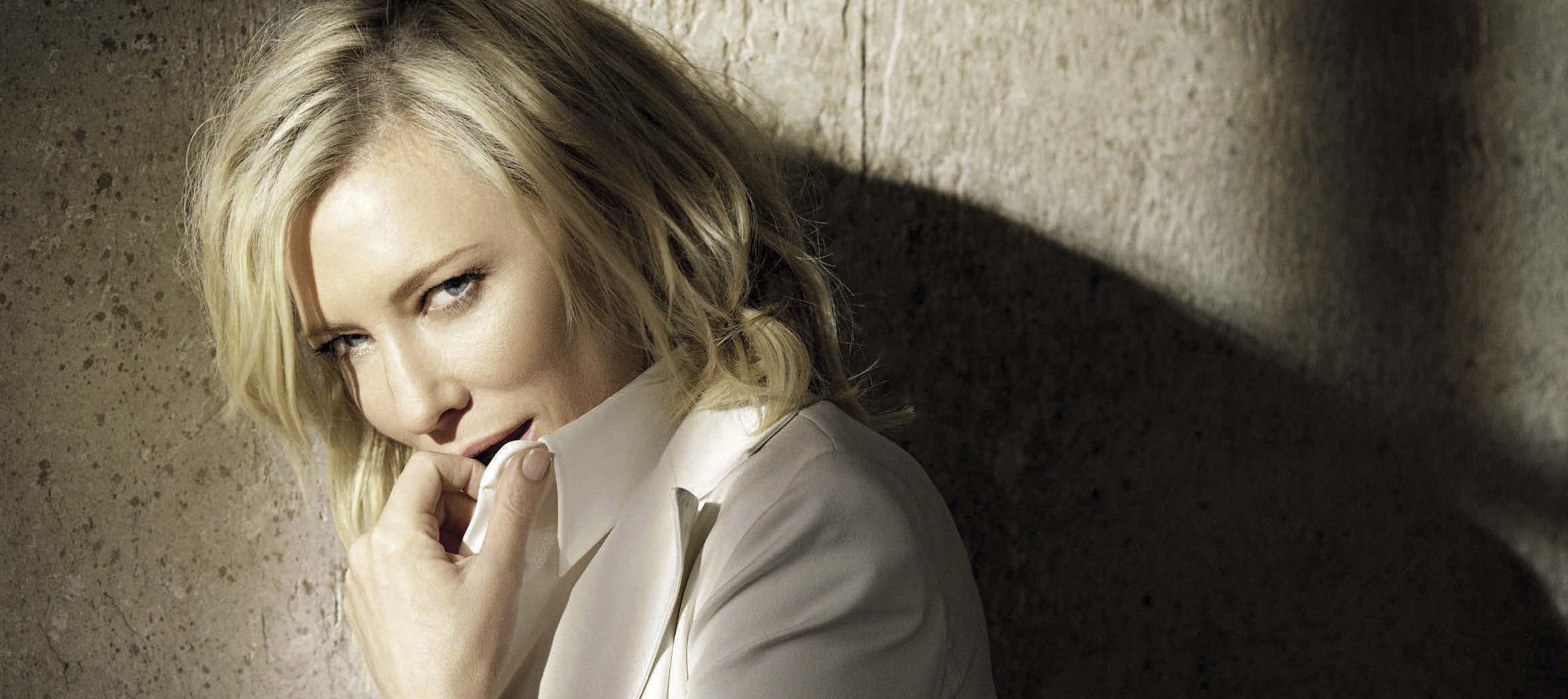
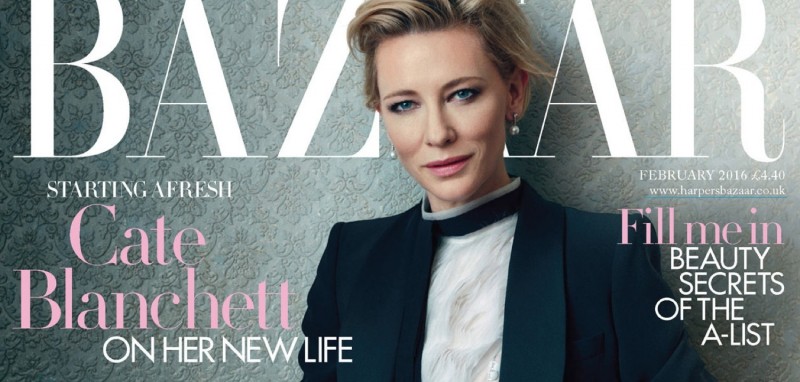
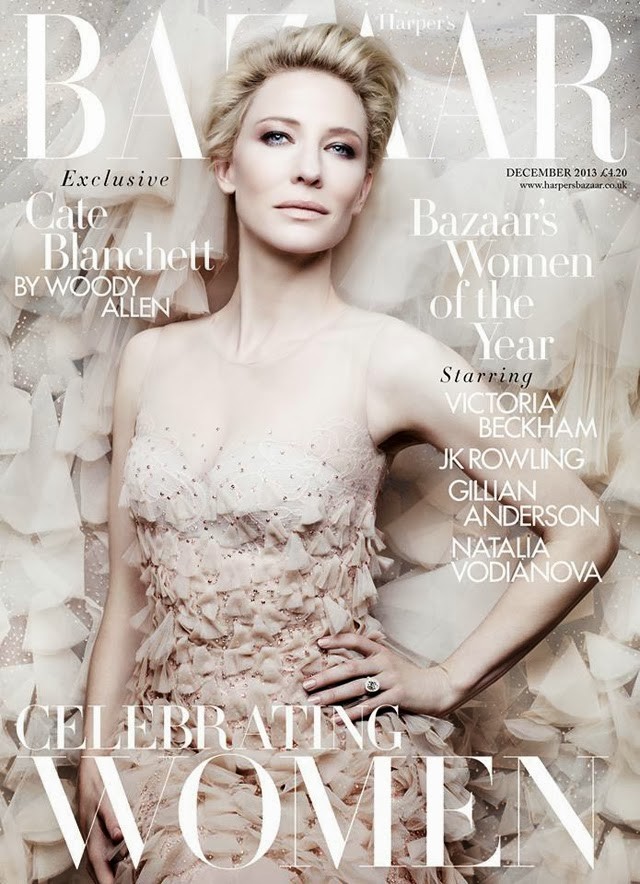

 A Manual for Cleaning Women (202?)
A Manual for Cleaning Women (202?) The Seagull (2025)
The Seagull (2025) Bozo Over Roses (2025)
Bozo Over Roses (2025) Black Bag (2025)
Black Bag (2025)  Father Mother Brother Sister (2025)
Father Mother Brother Sister (2025)  Disclaimer (2024)
Disclaimer (2024)  Rumours (2024)
Rumours (2024)  Borderlands (2024)
Borderlands (2024)  The New Boy (2023)
The New Boy (2023) 











